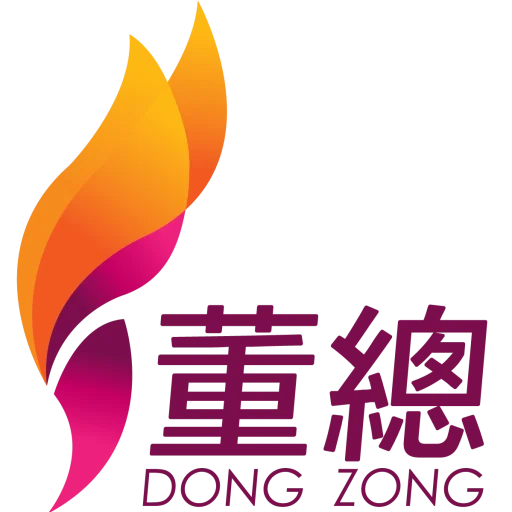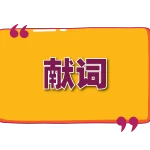Cliché of MOE Minister against Education as a Profession— UEC Recognition Should Not Be Politicised Further
Cliché of MOE Minister against Education as a Profession— UEC Recognition Should Not Be Politicised Further
Joint Statement Released by Dong Zong and Jiao Zong
July 28, 2022
Cliché of MOE Minister against Education as a Profession—
UEC Recognition Should Not Be Politicised Further
Mohd Radzi bin Md Jidin, Senior Minister of the MOE, replied recently in a parliament interpellation saying that the UEC defies national education policy. He added, the UEC can only be recognised when (1) the major medium of instruction of MICSSs is Bahasa Melayu, (2) national curriculum is practiced in MICSSs and (3) MICSS students sit for national examinations. Dong Jiao Zong disagrees with the Minister’s cliché on education as a profession, as it is similar to the position of the past governments and politicians over the years where objective assessment of the UEC does not exist.
First of all, we must remind that UEC recognition was the common election manifesto of Barisan Nasional and Pakatan Harapan in the 2018 National Election, including the Malaysian United Indigenous Party which Mohd Radzi bin Md Jidin being a member. One would ask then, does what the Senior Minister of MOE had said in the House of Commons translate the stance of the present government in the upcoming 15th National Election? Frankly, we earnestly hope that all political parties posit themselves appropriately and speak intelligibly.
The MICSS Unified Curriculum in fact was designed and written in compliance with operating curricular development theories and practices, let alone referring to the subject curriculum standard released by the MOE. As such, essentially it is very much localised and multiple, incorporating both internal and external perspectives for the cultivation of patriotism, not forgetting the all-rounded development in ethics, intellect, physique, social skills and aesthetics attunes with national inherence. Therefore, we hope the MOE will take student welfare, cultivation of man power and education as a profession into account, in order to fairly and pragmatically address the UEC Recognition issue.
The enduring efforts put into by the MICSSs on the cultivation of polymaths for the country, as well as the performance shown by UEC holders actually need no introduction. The government’s denial of the UEC as the admission reference for national universities has little to do with the incompatibility of the UEC within the national education principle, but is the outcome of narrow mindedness and para-political view. It is a standing fact that the UEC has not only been widely accepted for university admission abroad, but also recognised by the MQA for private university admission locally. Moreover, teacher training colleges under the MOE likewise intakes UEC holders.
For the purpose of education, we hope all concerned will discuss the UEC issue from a professional and academic point of departure, and do not politicise it yet again. Simultaneously, we also expect the MOE to release the report submitted by the UEC Task Force led by Eddin Khoo sooner, including the disclosure of its full contents.

